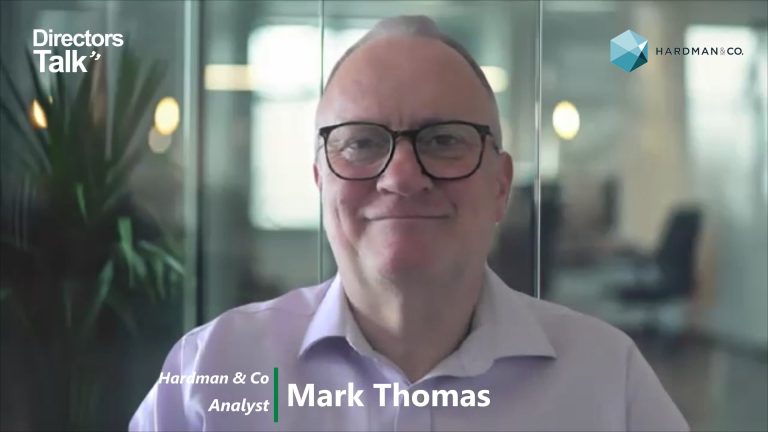Hardman and Co Analyst Mark Thomas caught up with DirectorsTalk for an exclusive interview to discuss an article written on understanding the deepest discounts on investment companies.
Q1: I see that you’ve written a chunky piece on understanding the deepest discounts on investment companies. Mark, why is that?
A1: At Hardman and Co, what we try and do is answer the questions of why you should invest in a company and what the risks are in doing so. For many investors, simply having a deep discount to Net Asset Value is a good enough answer to the first question.
However, we believe that investors also need to appreciate the risks and, in particular, the reasons why the shares are at a discount. Having understood those risks, investors need to be convinced that there is also a catalyst for change on the part of the manager and how long it’s going to take for that market sentiment to reflect in a lower discount.
In our report, what we do is we look at the companies which have the largest discounts and review those very issues.
Q2: So, what were the key conclusions?
A2: What we found was that the largest discounts tended to reflect the compounding effects of multiple factors at play, not just a single one, indeed, for every company in this report, we have identified more than one issue.
While one factor, such as legacy performance, may be the major influence, the discount is materially worsened where other factors, such as corporate governance, play a role.
Addressing all the issues is likely to materially accelerate any discount reduction.
Q3: You refer to legacy issues, can you tell us more about why something in the past affects the valuation now?
A3: In each of the cases where we identified legacy issues as a key factor, the company has either gone back to basics or it’s fundamentally restructured so the outlook is fundamentally different from when the legacy event actually occurred. As the real risks have changed, the issue for investors is confidence that the manager can improve sentiment and convince other potential buyers that it will be different going forward.
Q4: And how important did you find prospective risks, rather than the past issues?
A4: What we found is there’s some correlation between the stress-test outlook scenarios as disclosed in the Key Information Documents which is a prospective share price performance risk measure, and the level of the discount. However, we would caution against over-reliance on this as it’s a very complex and opaque calculation, and there are many exceptions to this rule.
Some of the discounts we identified were driven more by prospective risks than historical ones and the common factor there might be things like illiquid assets, sensitivity of returns to macro drivers, competitive pressures and regulation. We’ve identified a range of other prospective issues as well including things like concentration and diversity risk and key staff dependency.
In the main, we believe these reflect the underlying business model of the company and they’re not going to change. While a deterrent to some potential investors, these prospective risks are also the reason why many of the buyers bought the company in the first place.
Q5: What other things did you look at?
A5: While the points above were the key factors concerning discounts, we also looked at a range of other factors such as how confident investors were in the accounting, fees and corporate governance; things like do the public shareholders have controlling votes or not, is there a major shareholder block and related party transactions.
We also looked at discount management techniques, size, and gearings and for companies that are in wind down, they face some very very specific issues as well so there’s a whole raft of issues there.
Q6: So, if you could summarise your report, what would you say?
A6: The discounts are there for a range of, often, inter-playing reasons. It is only if you understand those factors in depth that you can make a judgement as to whether the company is a good opportunity or whether it’s going to be dead money.










































